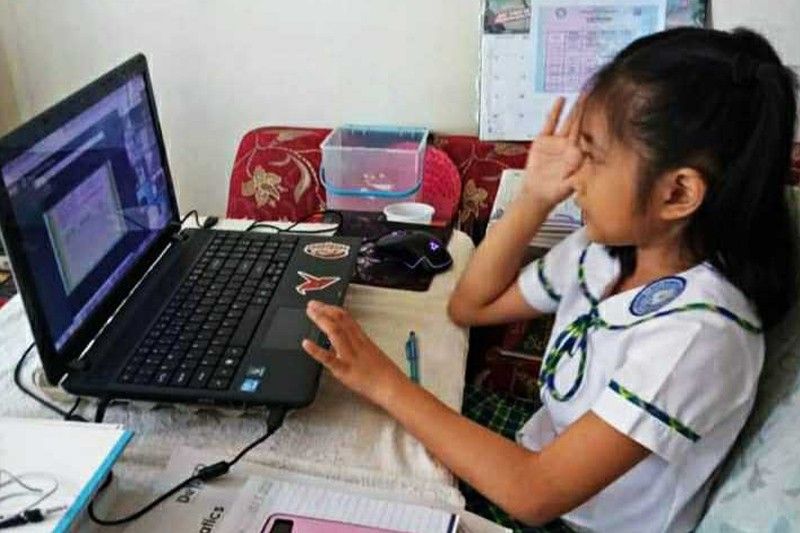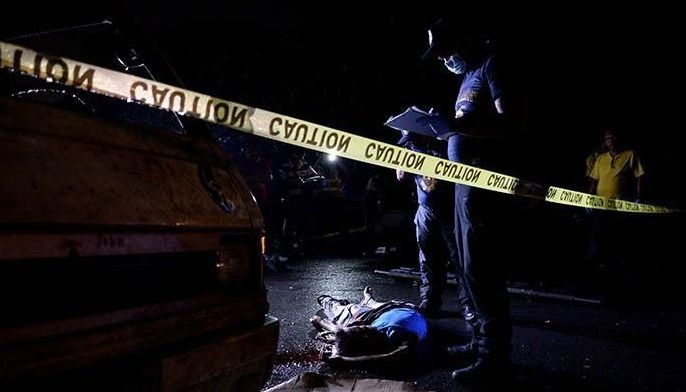International assessment results to guide education reforms – DepEd

MANILA, Philippines — The Department of Education (DepEd) has vowed to continue implementing reforms to improve the quality of education in the country using data from international assessments, including a recent study showing Filipino Grade 4 students lagging in science and mathematics.
“Our standing policy is to translate these international assessments into concrete and implementable actions that can have a direct impact on our learners’ achievements and teachers’ improvements,” the DepEd said last Thursday.
“Though we had to prioritize our COVID-19 response this year, we did not lose sight of our mission of Sulong EduKalidad,” it added, referring to its initiative that aims to address issues and gaps in attaining quality education in the country.
DepEd issued the statement in response to the results of the 2019 Trends in International Mathematics and Science Study (TIMMS), which revealed that Grade 4 students from the Philippines scored the lowest among 58 countries that participated in the study.
The Filipino students scored an average of 297 in mathematics and 249 in science, way below the score of 400 needed to be classified as belonging to the low international benchmark.
In contrast, Singapore, which has obtained the highest average in both Grade 4 assessments, scored 625 in mathematics (advanced) and 595 in science (high).
The Philippines last participated in TIMMS in 2003, when Grade 4 Filipino students scored 358 in mathematics and 332 in science.
DepEd said they value the immense data that the assessment can offer on the current mathematics and science literacy of Filipino learners.
The 2019 Regional Report of the Southeast Asia Primary Learning Metrics released last week showed that only a small percentage of Filipino Grade 5 students reach the minimum proficiency level in reading, writing and mathematics.
- Latest
- Trending































